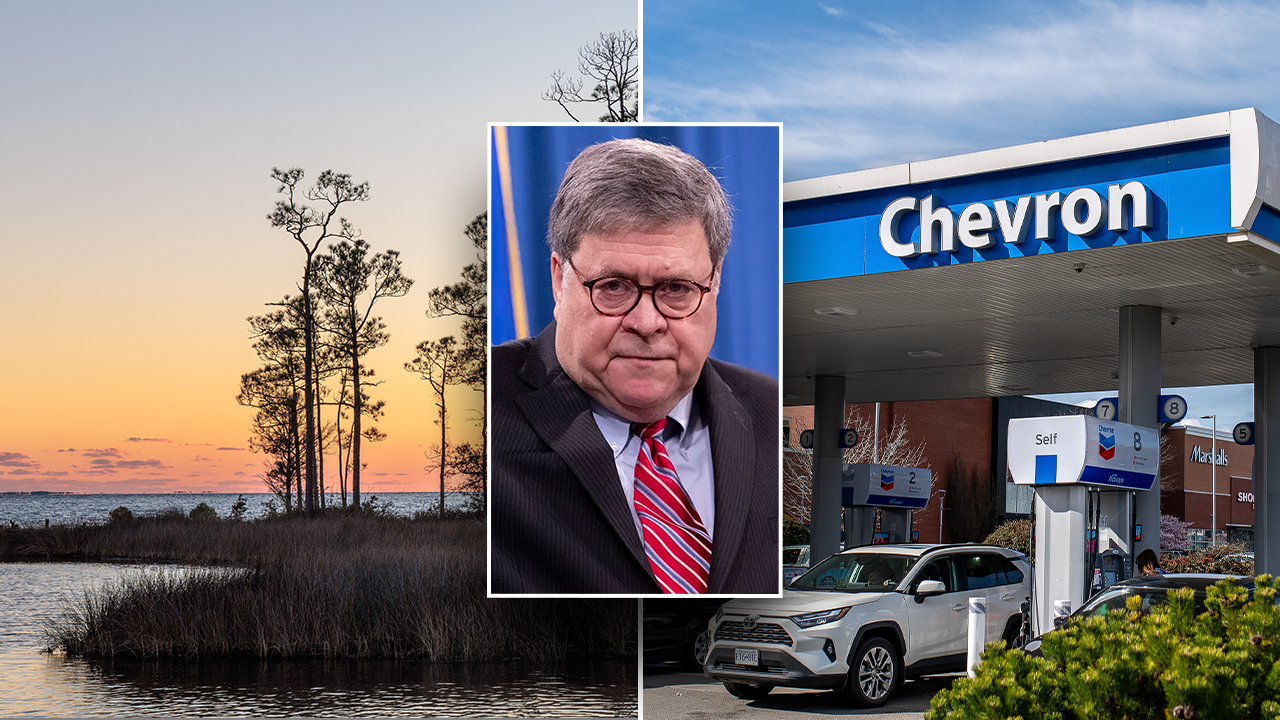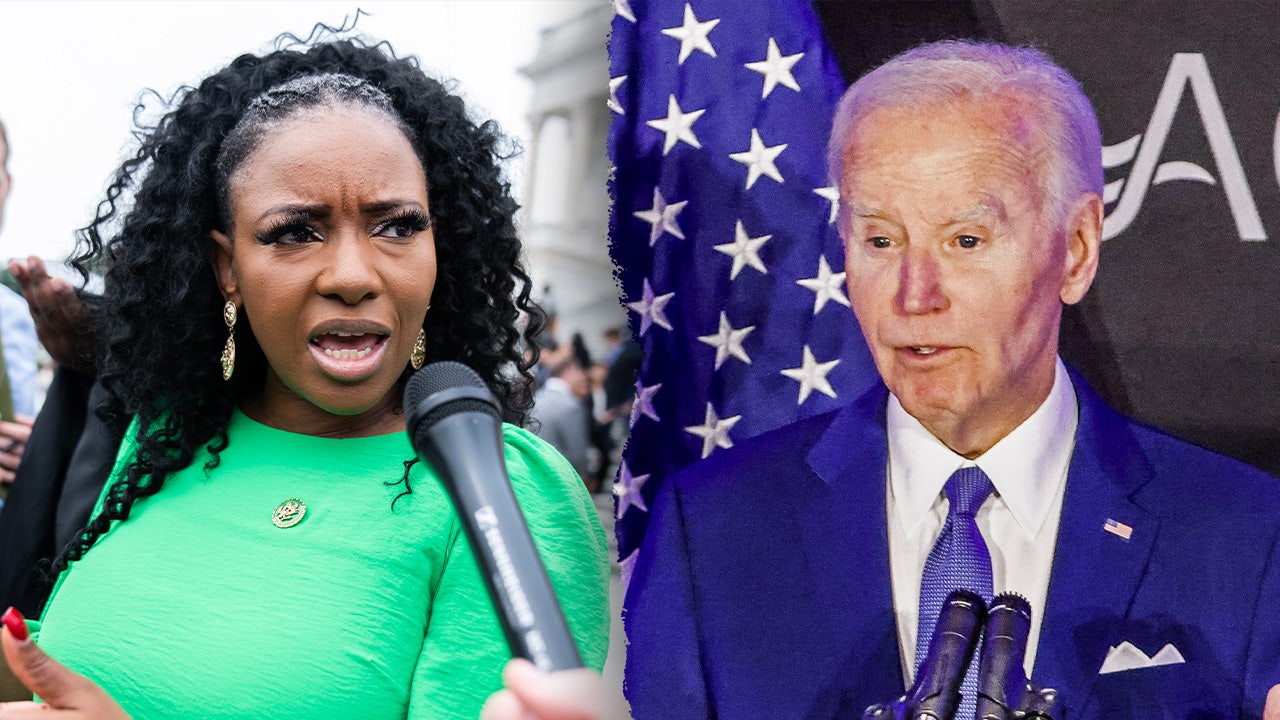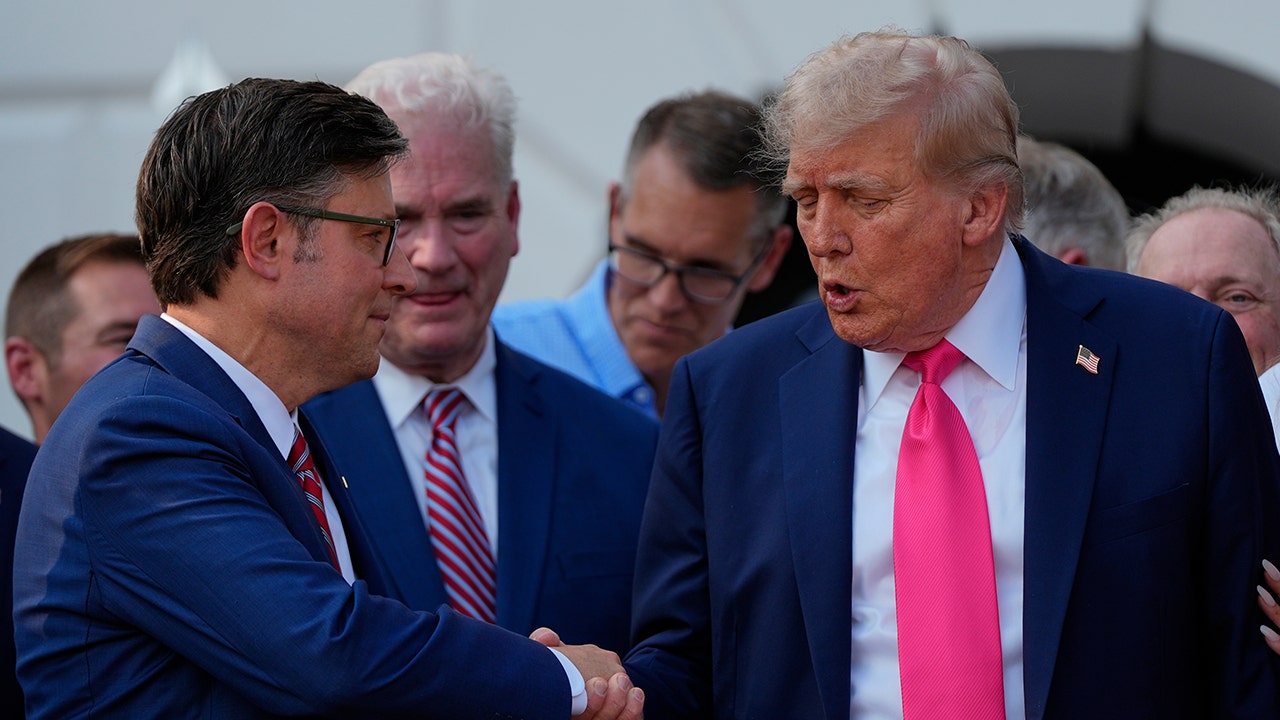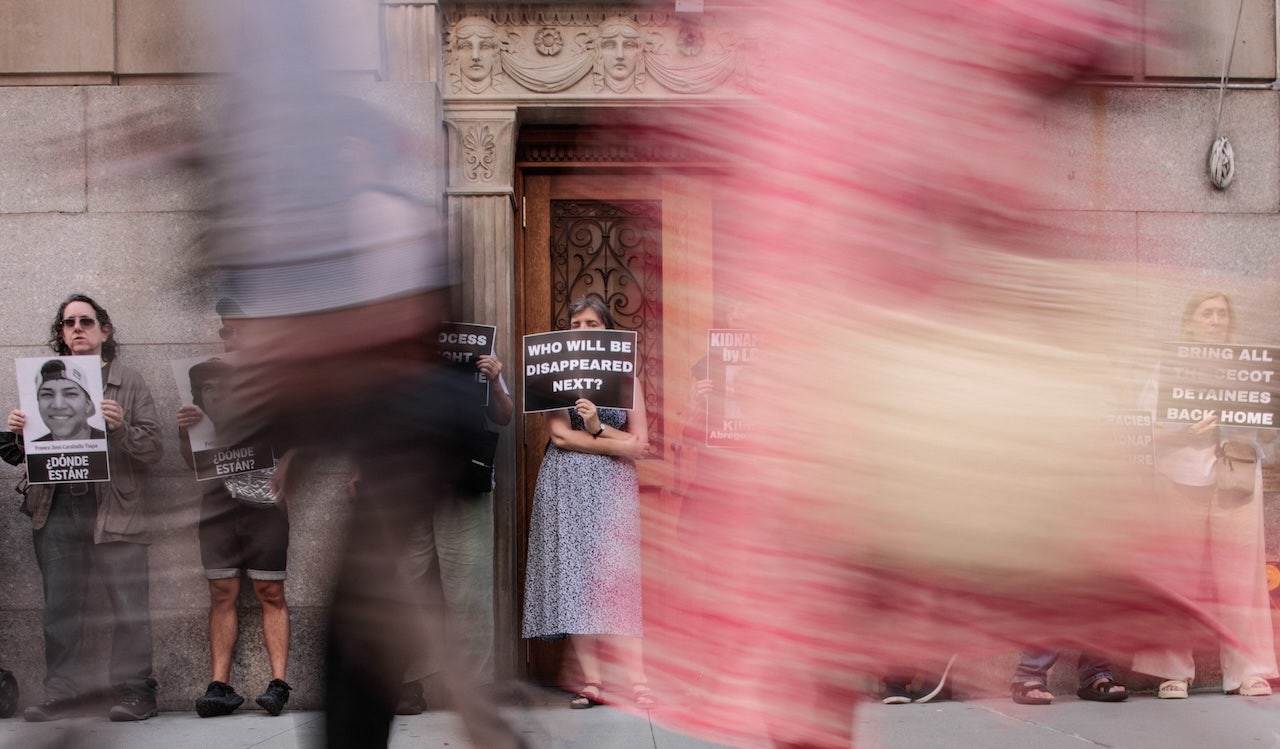Barr fumes at Louisiana lawsuits against energy firms for decades-old erosion

Former Attorney General William Barr has taken a stand against Louisiana Attorney General Liz Murrill’s support for multimillion-dollar lawsuits targeting oil companies like Chevron. Barr’s letter to Murrill warned against backing these lawsuits, citing concerns about the impact on America’s domestic energy production.
The recent case in Plaquemines Parish against Chevron, in which the company was ordered to pay $745 million for decades-old actions by a now-defunct subsidiary, is a prime example of what Barr sees as excessive fines imposed on energy producers. Barr argued that Louisiana is allowing powerful attorneys to seek tens of billions in culpability from oil and gas companies for alleged environmental harm through retroactive penalties.
Barr expressed his concern that Louisiana is ceding control of the litigation to private plaintiff’s lawyers and deferring to their legal positions. He pointed out that the plaintiffs’ claims go against a 1978 law and lack legal merit. Barr also raised constitutional issues of retroactivity, due process, and takings in Louisiana’s arguments.
Instead of targeting energy companies for pre-1980 damages, Barr suggested that Louisiana should consider whether the federal government bears responsibility for the majority of land loss along its coast. He warned that continuing these lawsuits could impact current LNG plants, curtail energy investments in Louisiana, and undermine President Trump’s efforts to establish American energy dominance.
Barr’s letter was written on behalf of several organizations advocating for free enterprise and energy interests. He emphasized the potential negative effects of these lawsuits on the energy industry and urged Louisiana to reconsider its approach.
While neither plaintiffs’ attorney John Carmouche nor Attorney General Jeff Landry responded to requests for comment on the original lawsuit, attorney Jimmy Faircloth, representing state agencies in the case, defended the administration’s support for the energy industry and its positive impact on jobs. Faircloth highlighted the case as addressing past failures to enforce regulations rather than targeting the energy industry as a whole.
As the legal battle continues, Barr’s letter serves as a reminder of the complexities and implications of targeting oil companies for environmental damages. The outcome of these lawsuits could have far-reaching consequences for the energy industry in Louisiana and beyond.




